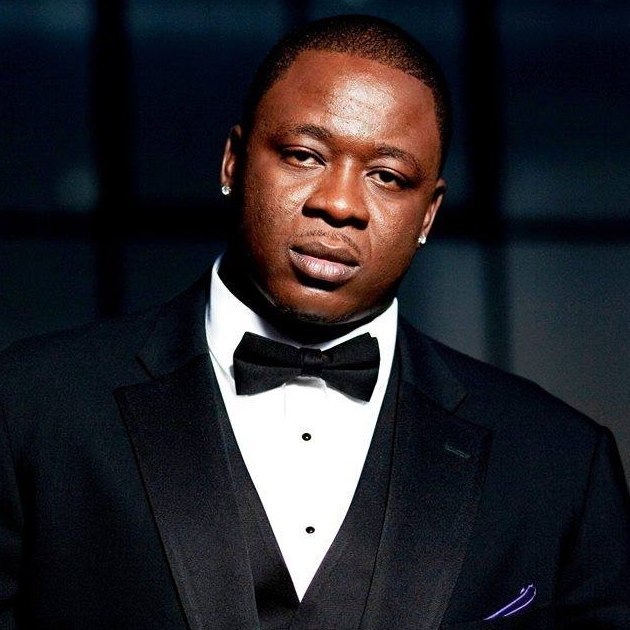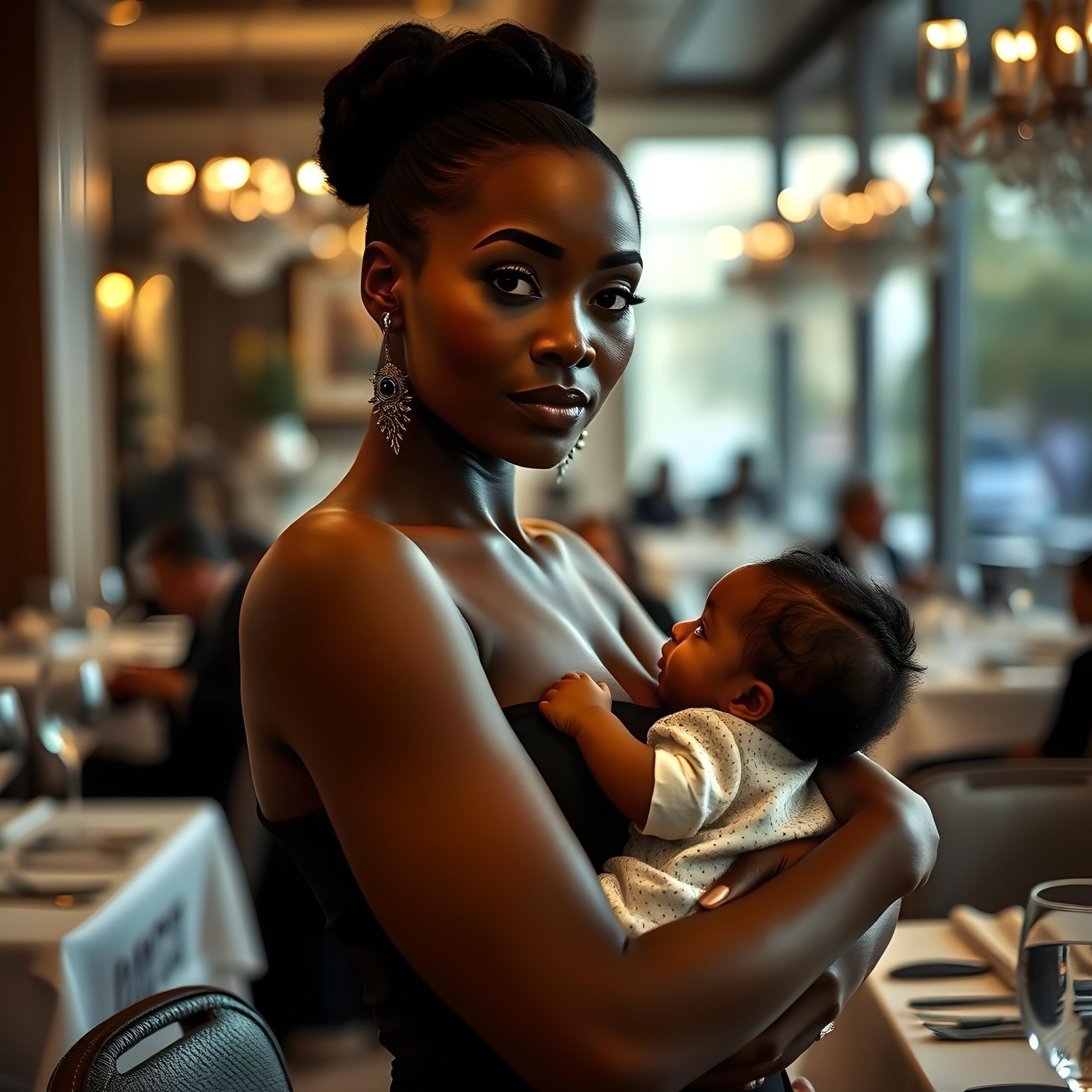What often goes unmentioned is that, nearly thirty years ago in the 2000s, the marriage culture in the United States transitioned to a dating culture. Guess who advocated for that. Previously, premarital sex was discouraged. However, in the 1990s, it became increasingly common among young American women, primarily influenced by the feminist ideals of the 1990s. In the past (1960s to 1980s), parents played a role in their daughters’ sexual lives. They ensured the girls abstained from sex until after they graduated from higher education. Many American parents even aimed to raise their daughters to be wives, marrying as virgins—a highly esteemed status. They believed it was the most meaningful gift a new wife could offer her husband.
Today (2020s), some radical feminists advocate for gender or sex changes for children without parental consent. My argument rests on two pillars. Firstly, an astonishing sexual landscape thrived (and perhaps still thrives) within the United States. I was surprised to uncover lifestyles like swinging and BDSM. By contrast, my romantic journey unfolded with a quietude that bordered on the prosaic. One of my exes and I connected amidst the cheerful chaos of a baseball game. A courtship, measured in months, preceded our physical intimacy. Our shared weekends were a drapery sewn from simple pleasures: my culinary offerings, her chosen Blockbuster movies, and leisurely outings—miniature golf, strolls along the Point Pleasant boardwalk in New Jersey.
These quiet moments were punctuated by a passionate interlude in my car or a stolen weekend escape to a cozy hotel suite. Women in the United States enjoy considerable autonomy and freedom. Emancipated from parental dictates, they navigate relationships with guidance offered sparingly, exercising independent judgment. Sex education, a standard component of the American curriculum, has, however, become a battleground. Certain radical feminist factions have weaponized these educational initiatives. They have created an atmosphere of unwarranted fear surrounding sexual assault. I strongly advocate for thorough sex education involving both the risks of unprotected sex and the dangers of sexually transmitted infections.
My narrative surrounding today’s dating culture is that rape hysteria, advanced by radical feminists, consistently ignores the necessity of a thriving dating culture. To clarify my accusation, it’s essential to acknowledge the paradoxical trajectory of specific feminist WAVES. The 1990s witnessed the rise of another wave promoting a culture of casual sex and relaxed dating norms. Three decades later, this same movement, having reshaped societal attitudes towards dating, levied accusations against men for the very sexually promiscuous landscape they helped create. Currently (in the 2020s), their activism largely centers on issues of dickshaming, harassment, and related concerns, marking another shift in focus. To remind you further, I will digress to elaborate.
Feminism’s drapery encapsulates a range of ideologies, including liberal, cultural, ecofeminist, postcolonial, Black, and radical feminist approaches, among others, all meshed under the umbrella of the feminist movement. This movement’s history unfolds in waves. In this article, we focus on the third wave that arrived in the 1990s. Feminists from that era championed a reimagining of female sexuality. They urged women to explore facets of their identities beyond economic and professional spheres. Individuality and rebellion flourished as women reclaimed their bodies and sexual agency. Instead of committing to one partner, women were persuaded to explore their other options. They told women fuck more than one man.
This cultural shift coincided with works like Eve Ensler’s “The Vagina Monologues,” and the activism of the Guerrilla Girls. Third-wave feminism sent a shockwave. Women began to embrace bolder self-expression in their demeanor, attire, and discourse. Previously reticent women embraced uninhibited sexuality. You saw more women openly smoking, drinking, and using drugs. One woman told me she stopped wearing underwear. They took the initiative to approach men and received oral and other kinds of sexual activities. This period witnessed the emergence of female rappers like Lil Kim and Foxy Brown, whose explicit lyrics about sex startled second-wave feminists who had challenged traditional feminine roles within the workplace and the family.
The defining principle of 1990s third-wave feminism was the lack of rigid rules when it comes to fucking. The message was female self-determination. Women were empowered to chart their life courses on the sexual front. By the 2000s, this ethos had permeated dating culture. It led to a normalization of casual sex, first-date intimacy, “friends with benefits” relationships, cohabitation outside of marriage, and serial dating. This contrasted with the earlier generations’ emphasis on marital fidelity. We are now witnessing a contrast with current narratives in the 2020s. The very feminists who championed sexual liberation for women in the 1990s now appear to be employing a fourth-wave narrative that contradicts their earlier advocacy.
The liberated women are suddenly targeting the dating culture as self-described victims of sexual violence. It’s the emergance of a disturbing phenomenon: a new form of victimhood masquerading as widespread rape hysteria. They make assertions without providing evidence, rebranding established cultural norms in a negative light, and sidestepping logical reasoning or clarifications. Additionally, rather than focusing on educating teenage girls (and boys) about the signs of puberty, the radical feminists’ emphasis has shifted to encouraging them to question their gender identity. As a result, when those signs of puberty begin to manifest, many young girls (and boys) today are confused, with some pondering the idea of gender reassignment.
I boldly argue that this inconsistency likely contributed to Kamala Harris, the former Vice President and presidential candidate, losing the 2024 elections. People were likely concerned that she would provide radical feminism a platform that could further harm our culture. For two decades (1960s to 1980s), they campaigned against traditional gender roles for women in their families and the workplace. In the next (1990s to 2010s), they promoted sexual promiscuity among women. Then, in this decade (2020s), they advocate for even more promiscuity, only to introduce rape hysteria shortly after. It would appear that the feminist movement pays a lot of attention to sex when there are other pressing matters, like the economy or dating culture.
In the United States, prostitution, pedophilia and rape, are strictly prohibited. That means radical feminists should be held accountable for spreading false information about the American dating culture. The abhorrent act of rape elicits universal condemnation. Our nation’s stringent laws reflect a widespread desire for swift and certain justice. While there should be awareness to prevent sexual assault, the assertion that it constitutes a societal norm is false. The notion of a “rape culture” in today’s America is a mischaracterization by a misguided movement manipulating public opinion and influencing policymakers in the wrong way. This ideology inflicts harm by engendering unwarranted suspicion against men and creating a climate of toxic animosity.
Therefore, it’s safe to say radical feminism threatens to corrupt the perspectives of women when it comes to dating and marriage culture and unjustly stigmatizes innocent men. Again, pedophilia is condemned, and there are concerns that radical behavior might attempt to classify it as a legitimate sexual orientation. The nature of American dating culture has undergone an unwarranted transformation in the last twenty years. Currently, consensual sex does not validate pedophilia. I maintain that teenage girls lack the maturity to make informed decisions regarding sexual activity. In my view, rape is a grave crime, and I advocate for ensuring that all perpetrators (of rape) and false accusers (of rape) are held accountable under the law.
Of course, advocates of the rape culture paradigm routinely denounce those who cite instances of unfounded allegations as accomplices to rape, silencing dissent through accusations of victim-blaming. The mere acknowledgment of false accusations, they contend, constitutes a form of complicity. However, this perspective now faces a challenger—one whose arguments are too complicated to ignore. Radical feminists need to find a new approach. Increasingly, people are becoming weary of their manipulation and prejudice. They must present a clear definition of a woman, one that remains constant despite any future “wave”. Additionally, they should define the patriarchy clearly. Finally, they must reaffirm their commitment to women’s rights.









